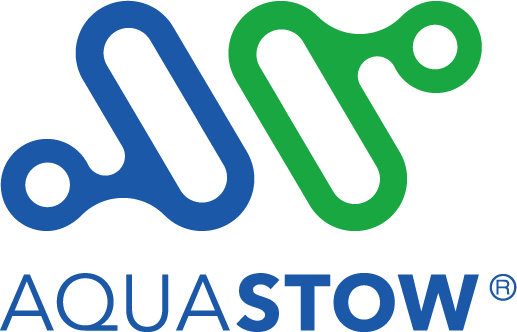Autonomous cultivation system as a potential sustainable source of healthy crops
Technology Readiness Level (TRL) of the project activities : TRL 1, TRL 2, TRL 3
Description
Main and specific objectives of the project:
The main goal of the project will be to verify the functionality of the autonomous cultivation system concept. The innovative system we are creating will include practices that are as sparing as possible on space, nutrients and water and with as little interference from the consumer in the growing process as possible and will produce high-quality and healthy plant products. This intelligent system will enable the application of the most modern technologies in cultivation practice, and at the same time it brings the possibility of greater self-sufficiency for the common consumers who does not have access to arable soil, while being gentle on the natural environment. Such a system will continue to develop and provide opportunities for a wide range of consumers within Slovakia and beyond.

2023 © AQUASTOW. Effortless plant cultivation available to anyone.
